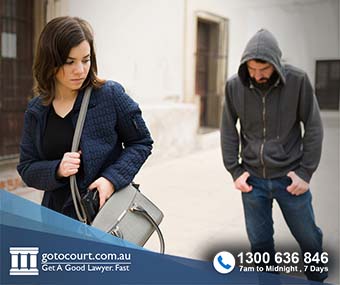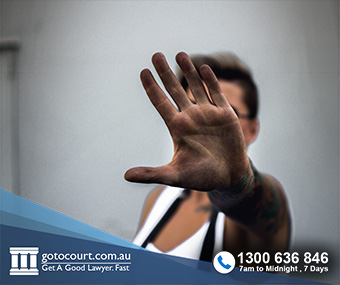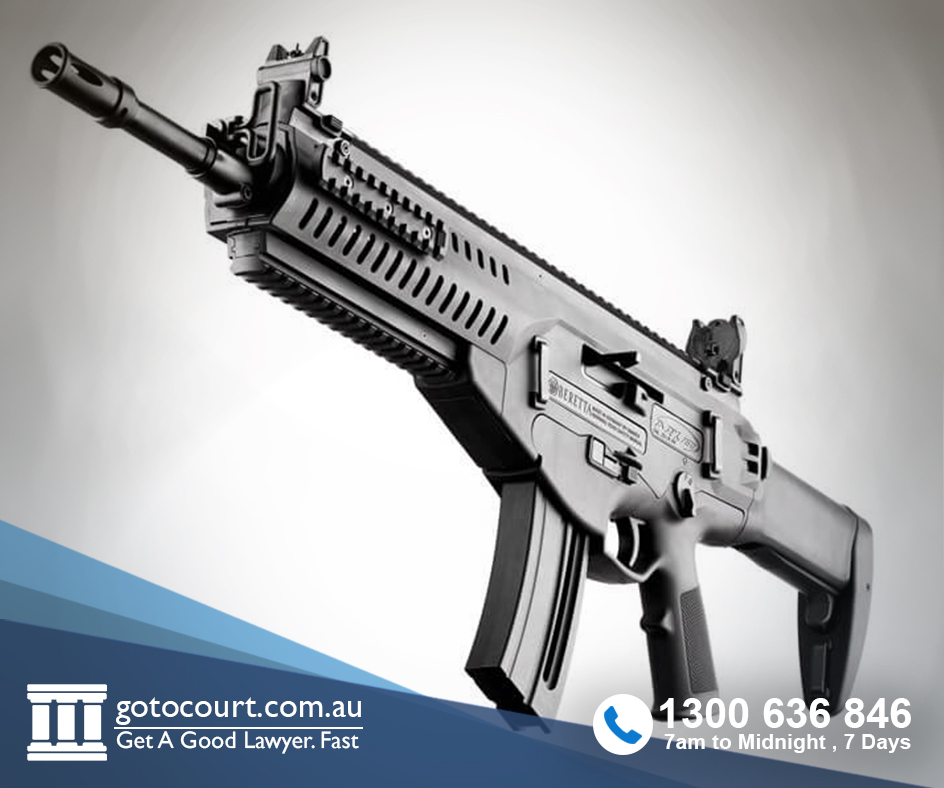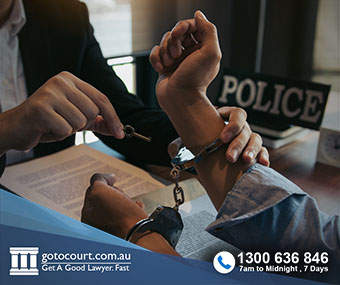Unfitness for Trial (Vic)
Persons charged with criminal offences must decide whether they wish to plead guilty or not guilty. This means the accused person must make a conscious, deliberate and voluntary decision to either accept responsibility for the charged offence or deny the charged offence and contest the matter in court. This decision is of extreme significance as each pathway comes with an array of possible consequences. An accused must have these consequences explained to them, to enable them to make an informed decision with respect to their future. However, for a number of reasons, a person may be unable to understand the legal advice provided or the processes involved when facing criminal charges. They may be unable to understand the consequences or the meaning of entering a plea of guilty or not guilty. When there is a suspicion that this is the case, the issue of unfitness for trial must be raised.
What is unfitness for trial?
Unfitness for trial is not a defense in the common sense. It is important to differentiate unfitness for trial from the defence of mental impairment, which relates to the accused’s mental capacity at the time of the offending conduct. If a person is declared unfit to stand trial, this means they lack the mental capacity to understand the court proceedings relating to the alleged offence. It does not mean they lacked the mental capacity to commit the offence.
Having procedures in place for the assessment and consideration of someone’s fitness to understand the court process is very important. This is because it avoids inaccurate verdicts, protecting the accused from the need to pursue lengthy and expensive appeal proceedings. It maintains the moral integrity of the trial process and it avoids unfairness to the accused.
When is a person unfit for trial?
Unfitness for trial is governed by the Crimes (Mental Impairment and Unfitness to be Tried) Act 1997. Section 6 of that actstates that a person must be found unfit to stand trial if
“because the person’s mental processes are disordered or impaired, the person is or, at some time during the trial, will be
(a) unable to understand the nature of the charge;
(b) unable to enter a plea to the charge and to exercise the right to challenge jurors or the jury;
(c) unable to understand the nature of the trial (namely that it is an inquiry as to whether the person committed the offence);
(d) unable to follow the course of the trial;
(e) unable to understand the substantial effect of any evidence that may be given in support of the prosecution; or
(f) unable to give instructions to his or her legal practitioner.”
How is fitness for trial tested?
There is a presumption that an accused person is fit to stand trial. This is the case even if the same accused has in prior criminal proceedings been determined unfit to stand trial. Thus the determination and question of one’s unfitness is proceeding specific.
The question of unfitness for trial can be raised at any stage of criminal proceedings. It can be raised by the Prosecution, defence or the Judge. If the issue of fitness to stand trial is raised when an indictable matter is still in the Magistrates’ Court jurisdiction (such as at the committal stage), those proceedings must first be completed. The accused must then be committed for trial and the question of unfitness for trial must be addressed in the County Court jurisdiction. If the issue is raised in a summary matter, the matter may be committed to the County Court for determination. Alternately, the court can order a stay of proceedings.
During proceedings to determine fitness to stand trial, the court can call witnesses and evidence of its own accord, which may include medical practitioners. Each party may separately lead evidence as well as making submissions with respect to the matter.
Who bears the onus?
The party raising the issue of unfitness for trial bears the onus of proving the accused’s unfitness, unless it is raised by the Judge in which case there is no onus. Once raised, the question must be determined by a jury of the Supreme Court or County Court, with the applicable standard of proof being on the balance of probabilities and the matter being determined as a question of fact.
Bail or remand
If the jury finds the accused fit to stand trial, the matter must go through the regular trial procedure. If the jury finds an accused unfit to stand trial, the Judge must make a determination as to whether the accused is likely to become fit to stand trial within the next 12 months.
If the judge decides that this is likely, the matter must be adjourned for a period deemed appropriate by the Judge (less than 12 months). The court can make orders with respect to the grant of bail or remand the accused in custody for the period of the adjournment. Section 12(4) of Crimes (Mental Impairment and Unfitness to be Tried) Act states:
“the judge must not remand an accused in custody in a prison unless … satisfied that there is no practicable alternative in the circumstances.”
At any stage during the adjourned period, the prosecution can list the matter for mention in court if it is of the opinion that the accused has become fit to stand trial. Upon the expiration of the adjourned period, the accused will be presumed to be fit unless “a real and substantial question of fitness is raised again”. If such a question is raised by any party including the Judge, the Judge may make an order for a further adjournment. However, any further adjournment must not exceed, combined with the prior adjourned period, a total period of 12 months since the initial finding of unfitness to stand trial. Alternatively, the matter must be adjourned for a Special Hearing within three months.
If a judge decides that it is not likely the accused will become fit within the next 12 months, following the jury’s initial finding of unfitness, the matter must be adjourned for the purpose of a Special Hearing within three months.
Special hearings
The purpose of a matter being adjourned for a Special Hearing is to determine whether on the evidence available the accused is:
- not guilty of the offence charged,
- not guilty of the offence charged by reason of mental impairment, or
- has committed the offence charged or a viable alternative offence.
Special Hearings must be conducted as closely as possible to a normal trial, including in the application of the rules of evidence and the laws surrounding juries. When the accused’s unfitness to stand trial is at issue, the trial is performed as if the accused had entered a plea of not guilty. The applicable standard of proof is beyond a reasonable doubt.
If a person is found guilty at a Special Hearing, they have been proven to have committed the alleged offence. However, they have not been convicted of the offence. If this occurs the judge must either make the accused subject to a Supervision Order or release the accused unconditionally. Such a Supervision Order may be custodial or non-custodial.
The defendant can appeal the finding of guilt and sentence.
If you require legal advice or representation in any legal matter please contact Go To Court Lawyers.








